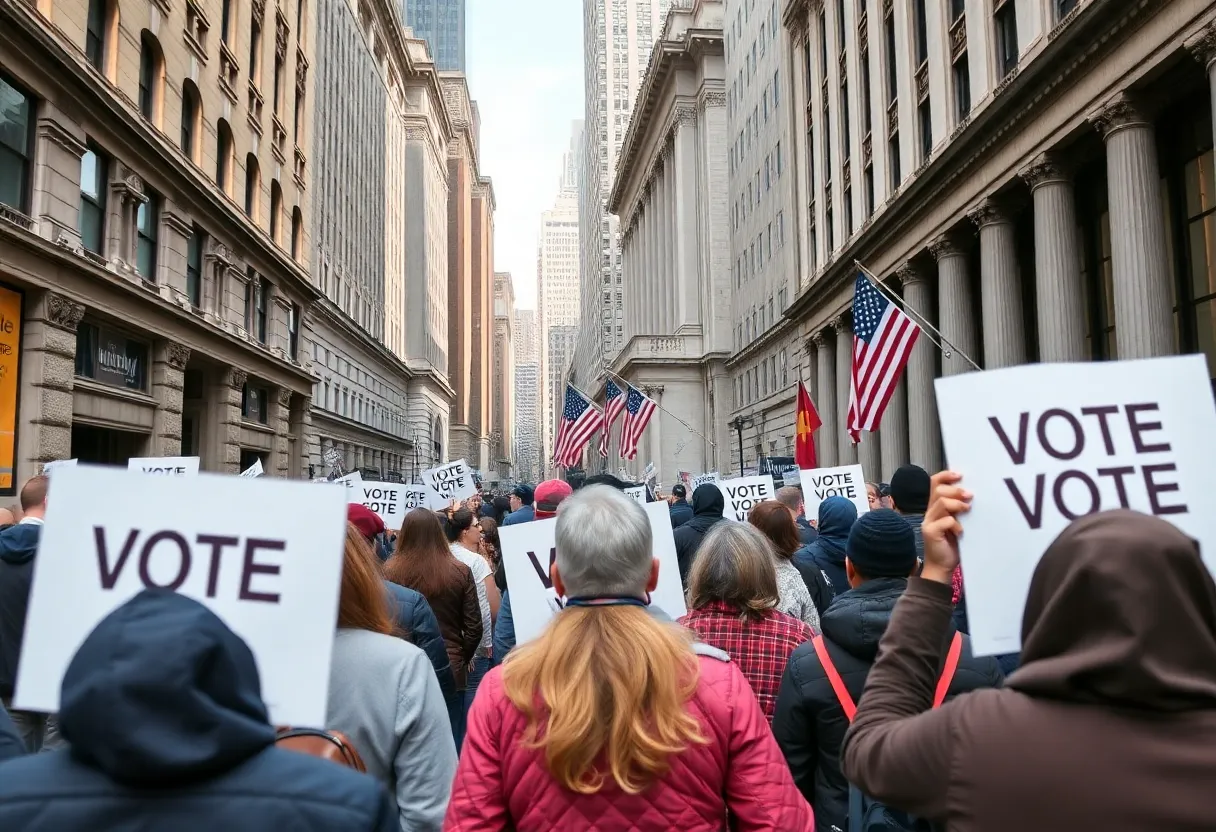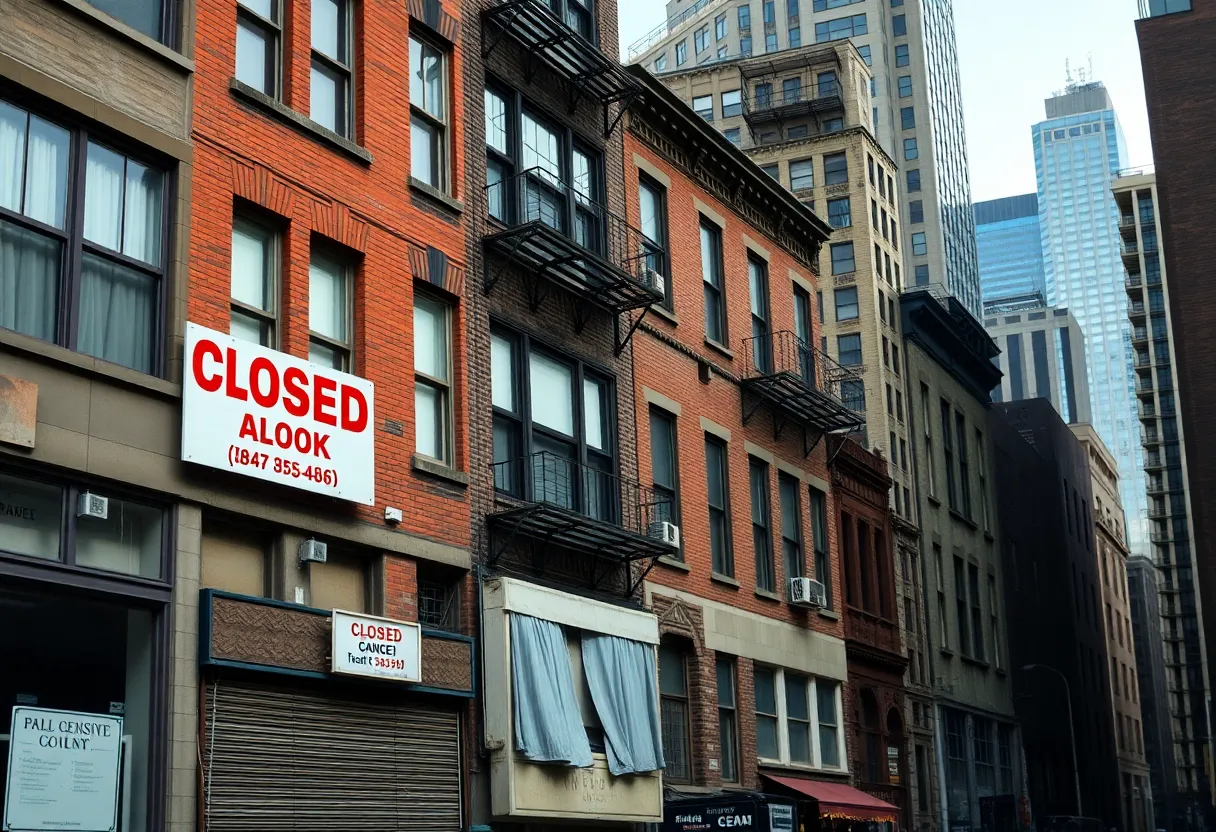News Summary
New York City is grappling with a housing affordability crisis 20 months after implementing Local Law 18 (LL18). Intended to improve housing availability, the law has led to record-high rents, with Manhattan’s median rent exceeding $4,000. Rents have increased across boroughs, and short-term rental opportunities have plummeted by over 90%, negatively impacting local economies. Community leaders and small business proponents are calling for updates to LL18 to support affordable housing solutions.
New York City is facing a significant crisis in housing affordability following the implementation of Local Law 18 (LL18) over 20 months ago. Intended to improve housing availability, the law has inadvertently contributed to record-high rents, with the median rent in Manhattan exceeding $4,000 for the first time in history. This situation marks a stark contrast to LL18’s original goals, underscoring the persistent struggle for affordable living spaces in a city already grappling with economic challenges.
Since LL18 came into effect, median rents across boroughs such as Brooklyn and Queens have increased by more than 4%, continuing a troubling trend. Despite the law’s intention to alleviate housing shortages, the city’s vacancy rate remains unchanged at a low 3.2%. This figure represents one of the tightest rental markets in the United States, indicating that the intended freeing up of housing has not materialized.
The situation has worsened for those who relied on short-term rentals for supplementary income. Hosts in New York City have seen short-term rental opportunities plunge by over 90% since LL18’s introduction, negatively impacting the finances of many working-class families. In turn, this reduction has been felt in local economies, particularly affecting small businesses in neighborhoods that previously benefited from tourist spending.
Citywide rents have climbed nearly 5%, surpassing increases observed in other major urban centers like Boston, Chicago, and Washington, D.C. This surge has added additional strain on residents who are already coping with escalating living costs. Reports indicate that over the first quarter of 2025, the number of new apartment construction starts in New York has dropped by more than 70% compared to the city’s 10-year average.
Community leaders have expressed serious concerns that LL18 has exacerbated the housing crisis, making New York City increasingly unaffordable for both locals and visitors. The hotel industry, which has benefited from the decline of short-term rentals, has seen prices soar to an average of $320 per night, more than double the national average. This has resulted in a downturn in foot traffic and local spending in neighborhoods like Crown Heights and Astoria, which had previously thrived as diverse accommodation options attracted visitors.
The hotel lobby’s push for regulations on short-term rentals, under the guise of protecting housing affordability, has diminished competition and limited options for residents. In response to these challenges, numerous chambers of commerce across New York City have criticized LL18 for imposing overly restrictive regulations. They call for legislative updates to reinvigorate small businesses and local hosts by allowing homeowners more flexibility to rent their properties while being away and easing strict occupancy limits.
Advocates for shared economy platforms, such as Airbnb, urge the adoption of regulations that can effectively protect long-term housing while permitting responsible home-sharing by residents. Recent assessments suggest that limitations on short-term rentals could lead to a loss of up to $1.6 billion in visitor spending across the city’s outer boroughs.
The Rent Guidelines Board in New York City has also preliminarily voted to raise rents for nearly one million rent-stabilized apartments, in response to rising operational costs. Landlords argue that increases are essential due to soaring insurance, fuel, and maintenance costs. Meanwhile, city officials are grappling with the implications for tenant affordability, as they seek a balance between financial realities for property owners and the needs of residents.
As the housing market continues to evolve amid economic pressures, the impact of Local Law 18 serves as a reminder of the complexities involved in addressing affordable housing challenges in New York City. The call for actionable updates to LL18 highlights the ongoing dialogue necessary for balancing the interests of landlords, tenants, and small business owners alike.
Deeper Dive: News & Info About This Topic
- Crain’s New York: Sales of Apartment Buildings with Rent-Stabilized Units
- Airbnb News: NYC Sees Record Rents & Hotel Rates
- The New York Times: Rent Increase in NYC
- Curbed: Best NYC Apartments for Rent Right Now
- ABC7 New York: NYC Apartment Rent Hikes
- Wikipedia: Housing in New York City
- Google Search: New York City housing affordability
- Google Scholar: New York City rental market
- Encyclopedia Britannica: Rent Control
- Google News: NYC rents








